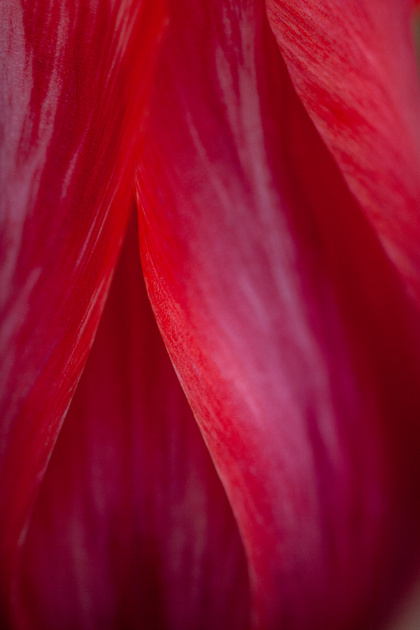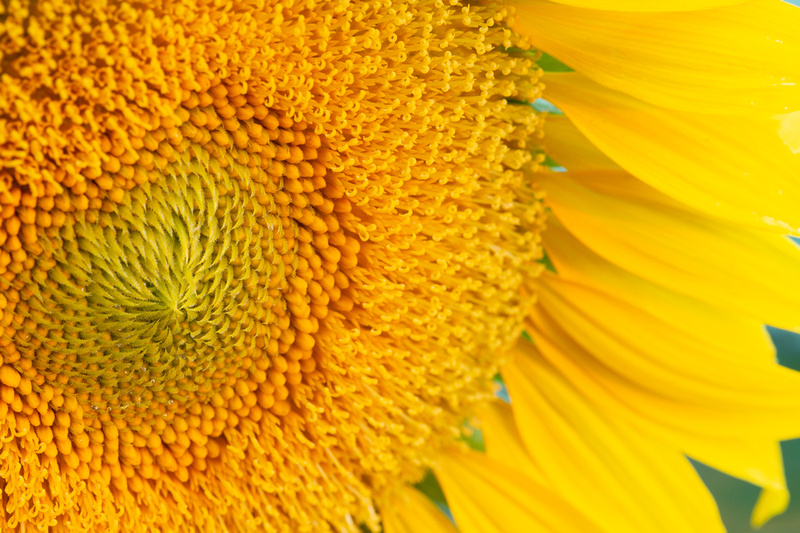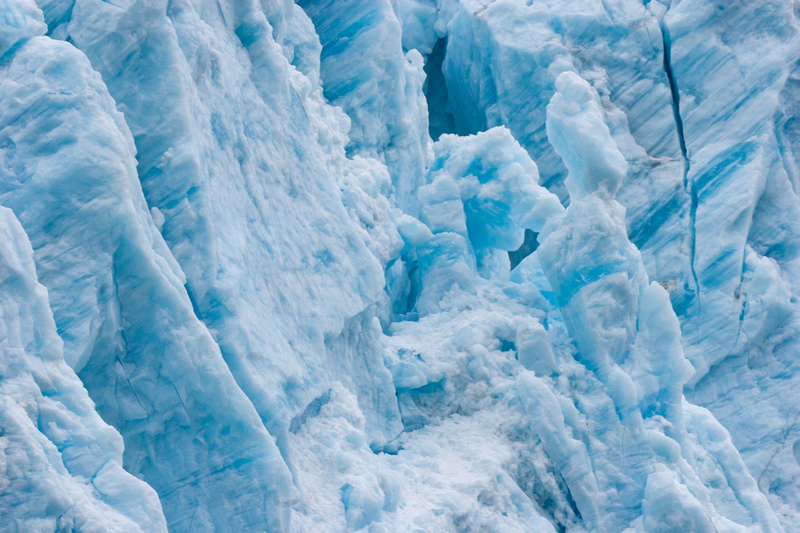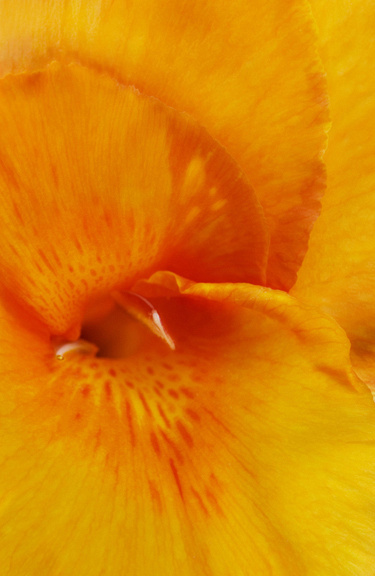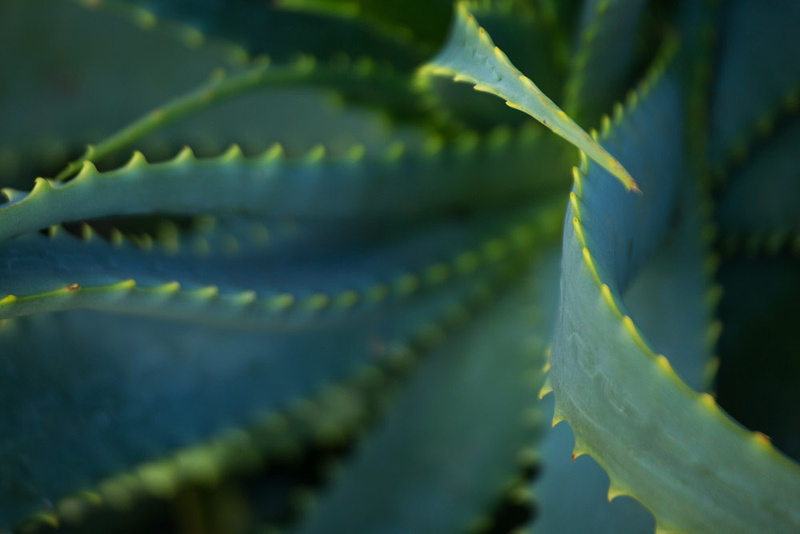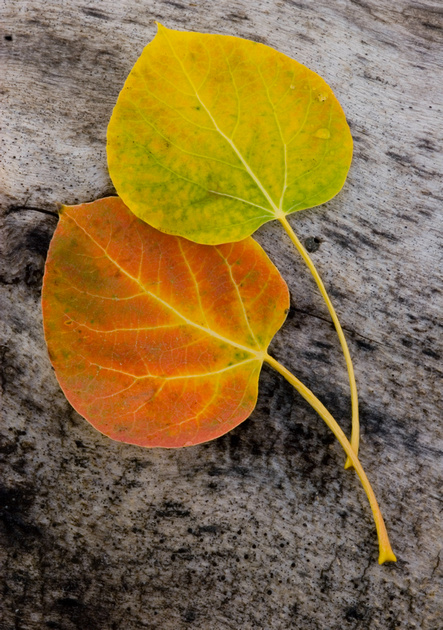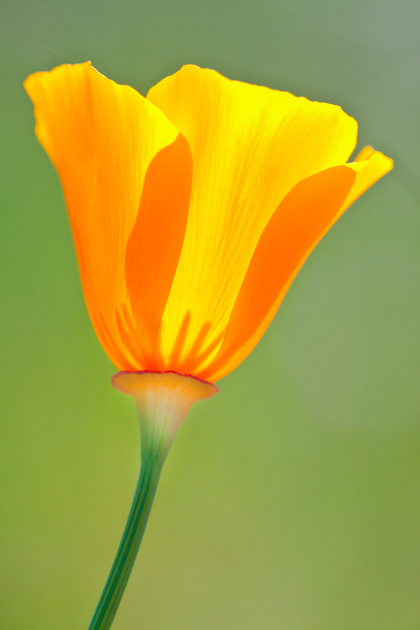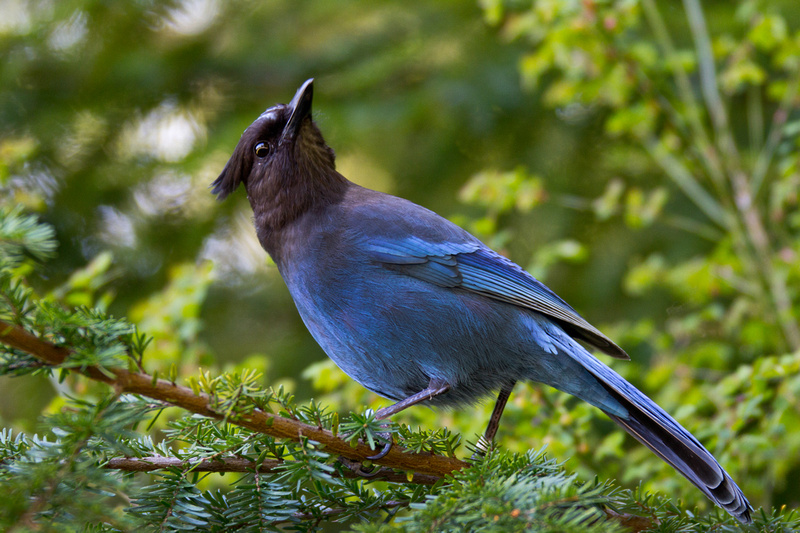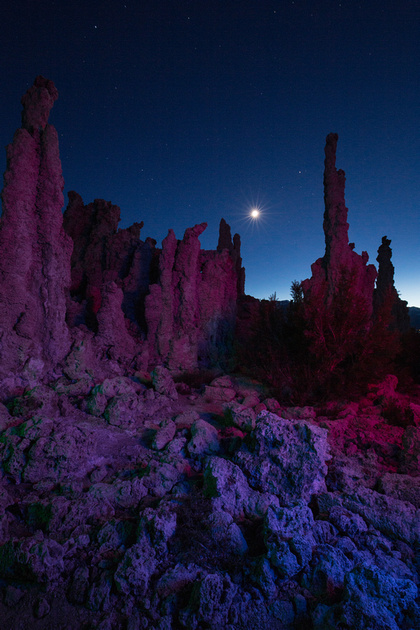The strength of color in photography
This post is all about color!
Have you ever wondered what role color plays in photographs you view or create? I did, so I did a little research and shared what I found here. Color is a powerful tool in all forms of art, including photography. Understanding how it affects the viewer is important for capturing attention, and conveying messages and feelings. Hover over any photo for additional information.
Primary colors
The primary colors are red, yellow, and blue. These are not created by the combining of other colors.
|
Red is the color of extremes. It can represent danger, love, and adventure. It is meant to capture your attention. |
|
Yellow represents happiness, optimism, and creativity, but is also a universal color choice for signs warning of danger |
|
Blue conveys trust, loyalty, and cleanliness. It ranks very high as a favorite color and is very pleasing to the eye. |
Secondary colors
Secondary colors are a half and half combination of any two primary colors.These include: orange, green, and purple.
|
Orange is vibrant and engaging but evokes strong feelings. People either love it or they hate it |
|
Green is universally associated with nature and commonly represents ecology |
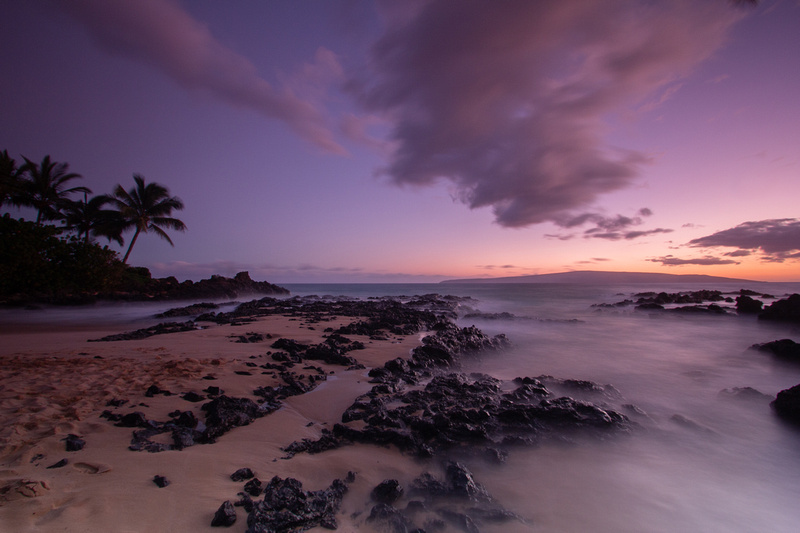 Purple Secret Beach, Maui Purple Secret Beach, Maui Purple is rare in nature and represents nobility and luxury
Purple is rare in nature and represents nobility and luxury |
Complementary colors
Complementary colors are opposite each other on the color wheel and complement one another. These combinations tend to look good together, playing off each others intensity, and creating balance. These include: red/green, orange/blue, and yellow/purple.
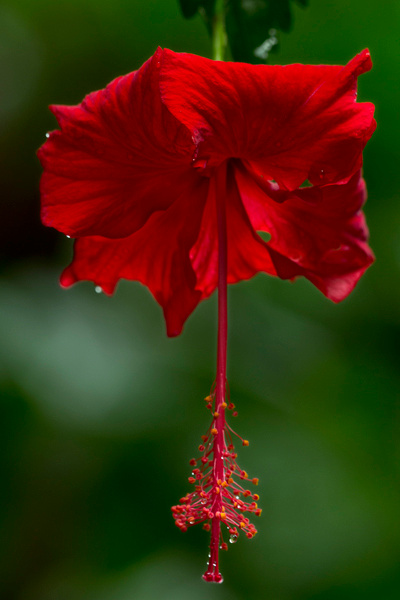 Red/GreenHibiscus, Hawaii Red/GreenHibiscus, Hawaii
|
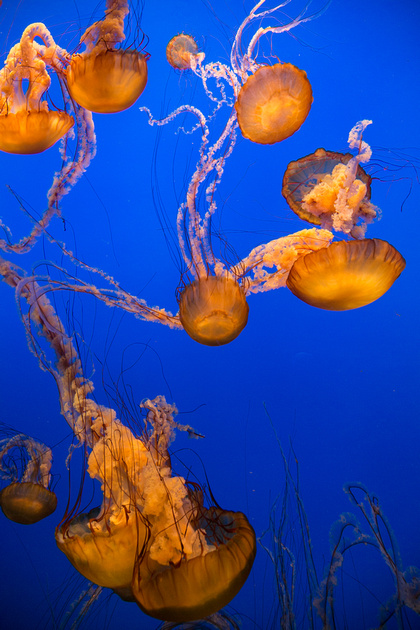 Orange/BlueJellyfish, Montery Bay Aquarium Orange/BlueJellyfish, Montery Bay Aquarium
|
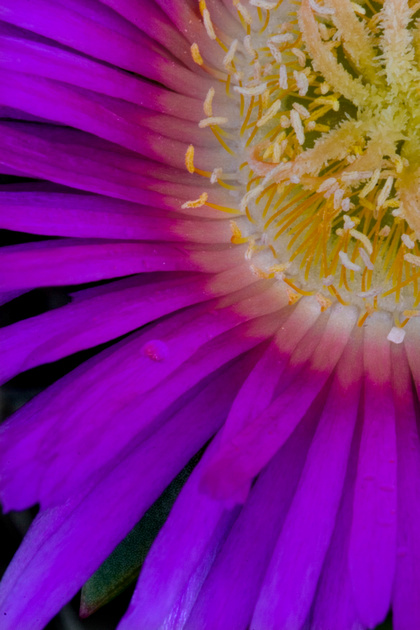 Yellow/PurpleSea Fig, Half Moon Bay Yellow/PurpleSea Fig, Half Moon Bay
|
Analogous colors
These colors sit next to each other on the color wheel and share similar colors. They have one dominant color in common, most often a primary color, but can also be a secondary or tertiary. Analogous colors are often found in nature, like oranges and yellows in autumn leaves. Because these colors are close to each other on the color wheel, they tend to have a pleasing, harmonious feel.
Tertiary colors
Tertiary colors are created by mixing a primary color and secondary color, and include:
- Red + Orange = Red-Orange (or vermilion)
- Orange + Yellow = Yellow-Orange (or amber)
- Yellow + Green = Yellow-Green (or chartreuse)
- Green + Blue = Blue-Green (or teal)
- Blue + Purple = Blue-Purple (or violet)
- Purple + Red = Red-Purple (or magenta)
 Orange/YellowSunset, Wawona Road, Yosemite National Park Orange/YellowSunset, Wawona Road, Yosemite National Park
|
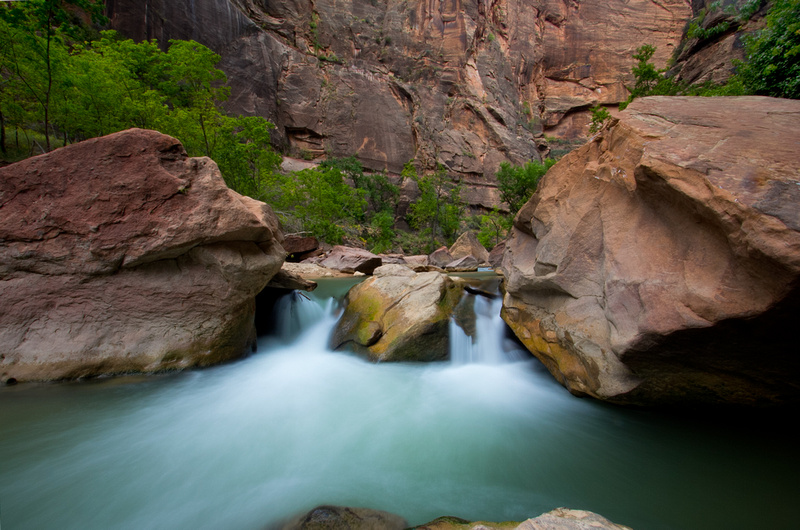 Red/Orange and Green/BlueVirgin River, Zion National Park Red/Orange and Green/BlueVirgin River, Zion National Park
|
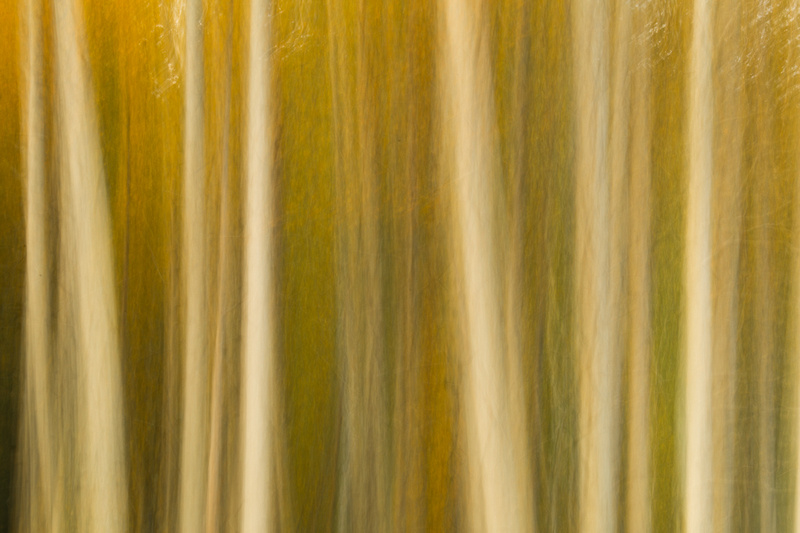 Orange/Yellow and Yellow/GreenAspens in autumn with motion blur Orange/Yellow and Yellow/GreenAspens in autumn with motion blur
|
Monochrome color schemes
I often refer to black and white images as monochrome, but any image that contains solely one color value is monochrome.
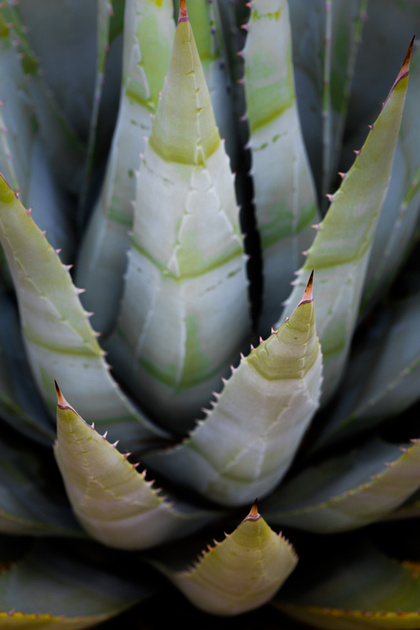 Monochrome: green color schemeAgave, Anza Borrego State Park Monochrome: green color schemeAgave, Anza Borrego State Park
|
 Monochrome: Orange color schemeFrost on leaves, American River, Sacramento, California Monochrome: Orange color schemeFrost on leaves, American River, Sacramento, California
|
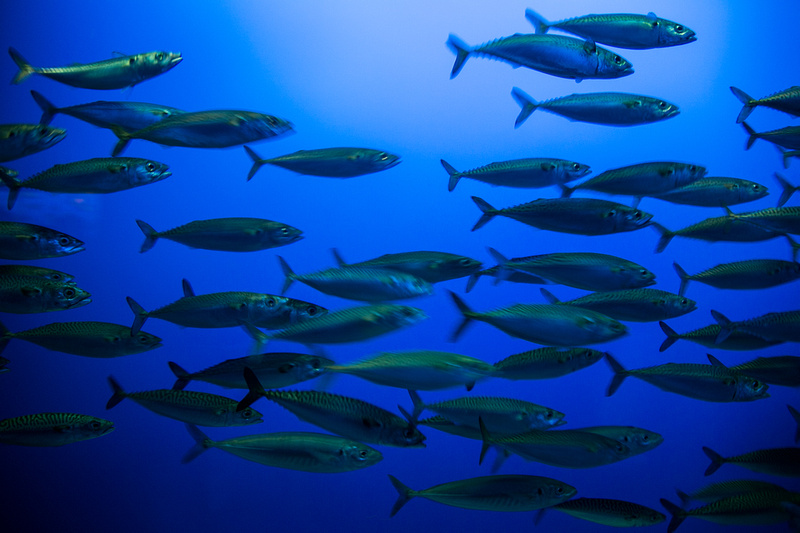 Monochrome: Blue color schemeMackrel, Monterey Bay Aquarium Monochrome: Blue color schemeMackrel, Monterey Bay Aquarium
|
 Monochrome: Orange color schemeAfrican Elephant, Tanzania Monochrome: Orange color schemeAfrican Elephant, Tanzania
|
I hope you enjoyed this color tour!
